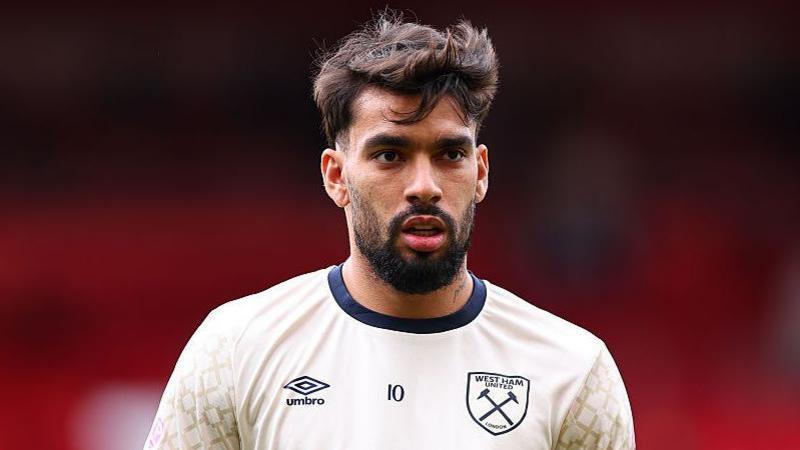Paqueta Considers Legal Action Against FA Post-Acquittal



Lucas Paqueta, the dynamic Brazilian midfielder known for his flair on the pitch, found himself embroiled in controversy earlier this year when he faced serious allegations of spot-fixing. These charges not only threatened to tarnish his growing reputation but also cast a long shadow over his career. However, after a thorough investigation, he was cleared of all charges, bringing a significant sense of relief but also a lingering bitterness over the ordeal.
Paqueta, who has exhibited impressive form at both the club and international levels, was understandably shaken by the accusations. Spot-fixing, which involves manipulating events within a game to benefit gamblers, is one of the most serious charges an athlete can face, carrying the potential to end careers and tarnish legacies. That Paqueta was eventually cleared is a testament to the rigorousness of the investigative process and his unwavering proclamation of innocence.
The relief of the clearance, however, has not entirely eased the midfielder's concerns. Considering the impact the allegations have had on his personal and professional life, Paqueta is now contemplating taking legal action against the Football Association. The reason behind this move is multifaceted. Primarily, it seems driven by a desire to restore his reputation and possibly seek damages for what he perceives as a wrongful accusation that was handled in a manner not befitting his status or the situation's sensitivity.
Paqueta's consideration of legal action underscores a growing trend among athletes who are willing to use legal means to contest what they see as wrongful treatment by governing bodies. This trend reflects athletes’ increasing awareness of their rights and a willingness to assert them, particularly in an era where their personal and professional lives are constantly under scrutiny both on and off the field.
From a broader perspective, this incident brings to light the systemic issues within sports governance, specifically regarding how accusations are handled. It raises questions about the protocols and safeguards in place to protect athletes from wrongful accusations and the subsequent fallout they may endure. Many advocates for sports integrity are calling for reforms in this area, arguing for more transparent, fair, and diligent processes to ensure that while genuine culprits are caught, innocent athletes do not suffer unduly in the court of public opinion or otherwise.
Paqueta’s case also provides a moment of reflection for the Football Association. It poses as a scenario to review their procedures and possibly implement more robust mechanisms that ensure accusations are thoroughly vetted before they become public. Moreover, it highlights the potential reputational damage and emotional distress caused to athletes even when they are found innocent.
The solidarity from fans and fellow players has been a crucial element of support for Paqueta. Social media platforms have been abuzz with messages backing the player, indicating that the football community often rallies around its members when they face such trials. These platforms have not just been vessels for support, but also arenas for broader debates about the nature of sports law and the treatment of athletes in the justice processes.
As Lucas Paqueta mulls over the possibility of legal action, the football world watches closely. This case could potentially set a precedent for how similar cases are handled in the future, not just in football but across sports disciplines worldwide. Regardless of the outcome of any potential legal action, the primary hope among the sports community is that lessons will be learned and improvements made to protect the rights and reputations of athletes, ensuring the beautiful game remains just that.